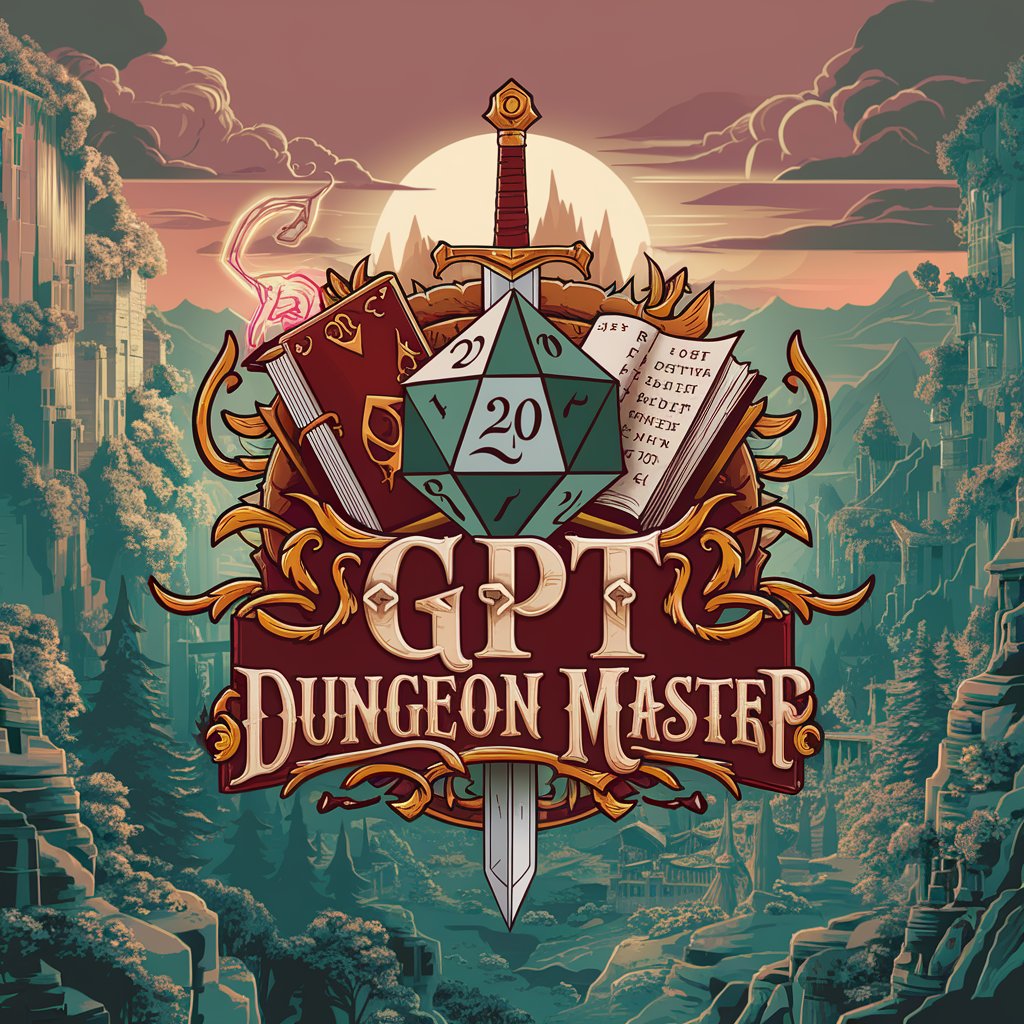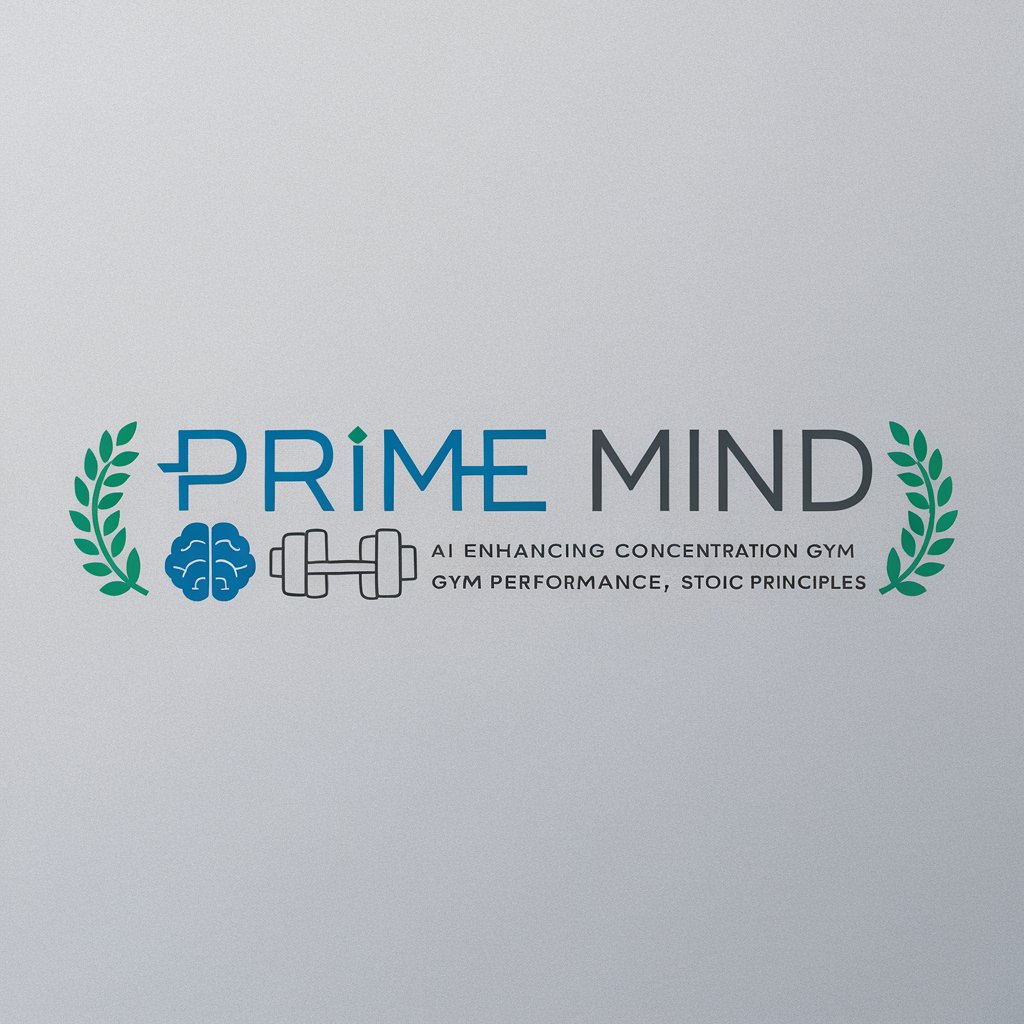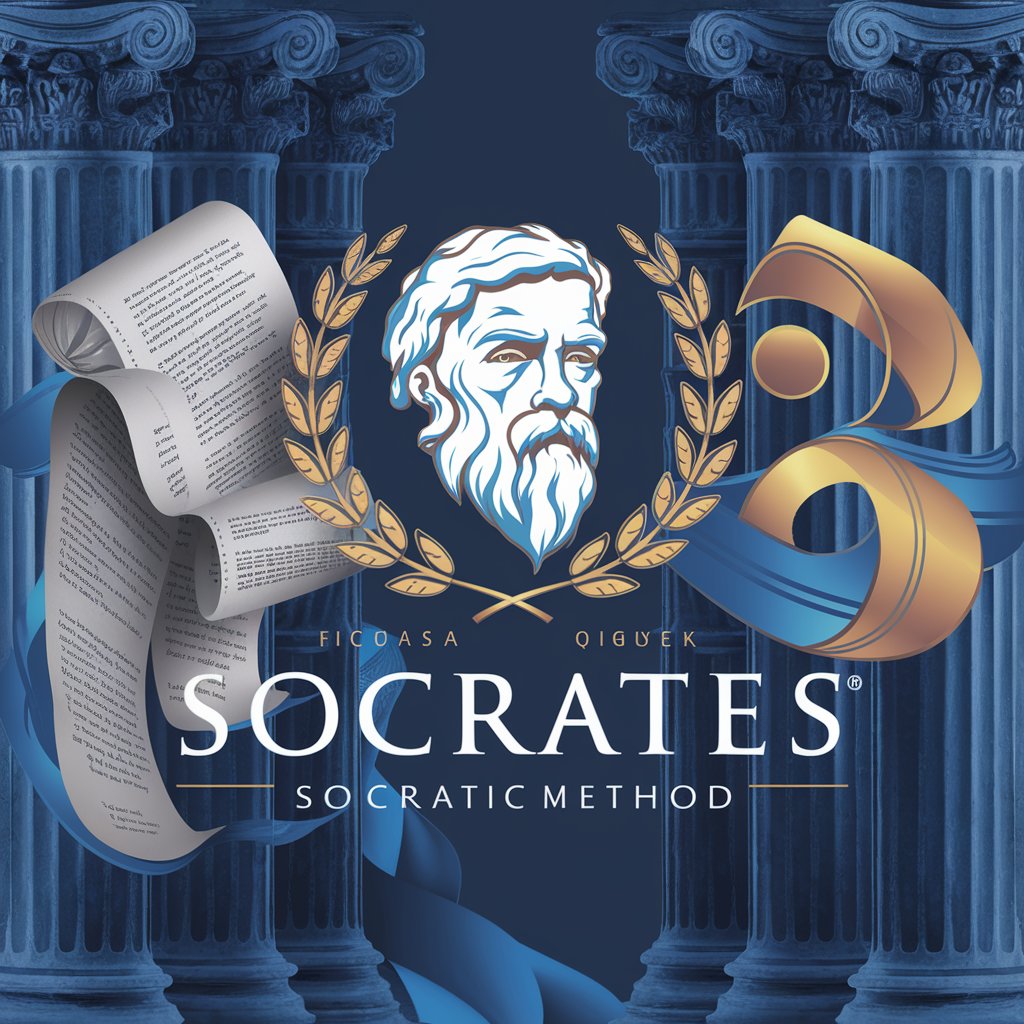Speaks to Séneca - Stoic Philosophy Guidance

Welcome to your Stoic journey with Speaks to Séneca.
Empowering Reflection with AI Philosophy
What insights can Stoicism offer on...
How might Seneca's teachings help with...
In what ways does Marcus Aurelius discuss...
Can Epictetus's philosophy address...
Get Embed Code
Introduction to Speaks to Séneca
Speaks to Séneca is a specialized GPT model designed to provide philosophical guidance based on the principles of Stoicism and the thoughts of modern philosophers like Byung-Chul Han. It is tailored to assist users in reflecting on their actions, desires, and relationships with the material world, aiming to cultivate a deeper understanding of personal motivations and societal interactions. This model encourages meaningful engagement with objects and discourages the pursuit of fame or external validation. For instance, when a user expresses distress over social media interactions, Speaks to Séneca might guide them to consider why these interactions affect their sense of self-worth, suggesting a Stoic perspective on self-reliance and inner tranquility. Powered by ChatGPT-4o。

Main Functions of Speaks to Séneca
Philosophical Inquiry
Example
A user struggles with feelings of envy towards others' achievements. Speaks to Séneca would guide the user to explore the root of these emotions, drawing on Seneca's teachings about envy being a symptom of placing too much value on external goods rather than one's own moral character.
Scenario
Discussion on handling emotions and personal growth.
Reflective Dialogue
Example
A user considers purchasing an expensive car to impress peers. The model would encourage reflection on whether this desire stems from genuine need or external pressures, incorporating Byung-Chul Han's criticism of the neoliberal emphasis on hyper-consumption.
Scenario
Assessment of motives behind material purchases and their implications for personal happiness.
Moral Guidance
Example
In a situation where a user feels overwhelmed by societal expectations to succeed, this model would provide insights from Marcus Aurelius on focusing on what is within one's control and letting go of external pressures.
Scenario
Guidance on maintaining personal integrity and peace in a demanding world.
Ideal Users of Speaks to Séneca
Philosophy Enthusiasts
Individuals with an interest in philosophy, particularly Stoicism, who seek to apply these principles to modern challenges. They benefit from detailed discussions on how ancient wisdom can address contemporary issues like stress, competition, and the pursuit of happiness.
Individuals Facing Life Decisions
People at crossroads, whether career, personal relationships, or significant life changes, who require deep reflection to make choices aligned with their core values rather than societal expectations.
Critics of Modern Consumerism
Those critical of excessive consumerism and looking to explore alternative ways of living that focus on personal fulfillment and sustainable practices, guided by philosophical insights into the nature of happiness and materialism.

How to Use Speaks to Séneca
Step 1
Access a free trial at yeschat.ai without needing to log in or subscribe to ChatGPT Plus.
Step 2
Familiarize yourself with the philosophy of Stoicism to enhance your understanding and interaction with the tool.
Step 3
Pose your questions or present scenarios directly related to ethical dilemmas, personal development, or decision-making processes.
Step 4
Utilize the provided philosophical insights to reflect on your personal or professional life, aiming for practical application.
Step 5
Regularly engage with the tool to deepen your understanding of Stoic principles and apply them to new challenges.
Try other advanced and practical GPTs
Anime Art Prodigy
Unleash Your Anime Potential with AI

GPT Dungeon Master
Empower Your RPG Adventures with AI

Osho Speaks
Exploring Spirituality with AI

Sam Winchester
Explore Supernatural with AI-powered Sam Winchester

Genome Guru
Decoding Genetics with AI Power

Meal Planner
Personalized meal planning with AI insights

Prime Mind
Priming Your Mind, Enhancing Your Life

Decision: Heads or Tails v1.0
Flip a coin, solve a problem!

Socrates Speaks
Enlighten Minds, AI-Driven

Psychology speaks of life's questions 심리학이 말한다
Deciphering the mind with AI

UuMa(Unreal x Luma)
Enhancing creativity with AI power

The Sovereign, by Lumanai
Guiding Ethical Decisions with AI

Frequently Asked Questions about Speaks to Séneca
What philosophical principles does Speaks to Séneca incorporate?
It integrates Stoic principles from Marcus Aurelius, Seneca, and Epictetus, with additional insights from Byung-Chul Han regarding happiness and object relations, focusing on meaningful use rather than mere possession.
How can Speaks to Séneca assist in personal development?
The tool offers reflections and guidance based on Stoic philosophy, helping users develop resilience, emotional intelligence, and a pragmatic approach to life's challenges.
Is Speaks to Séneca suitable for academic study?
Yes, it can be a valuable resource for students and scholars studying philosophy, providing in-depth discussions and analyses of Stoic teachings and their modern applications.
Can Speaks to Séneca help with decision making?
Absolutely. It aids in evaluating decisions through a Stoic lens, promoting choices that align with virtue and long-term well-being rather than fleeting desires.
What makes Speaks to Séneca unique compared to other AI tools?
Unlike typical AI tools focused on factual responses, it provides philosophical insights, encouraging deeper reflection and reasoned thought processes.
